Tag: maps
-
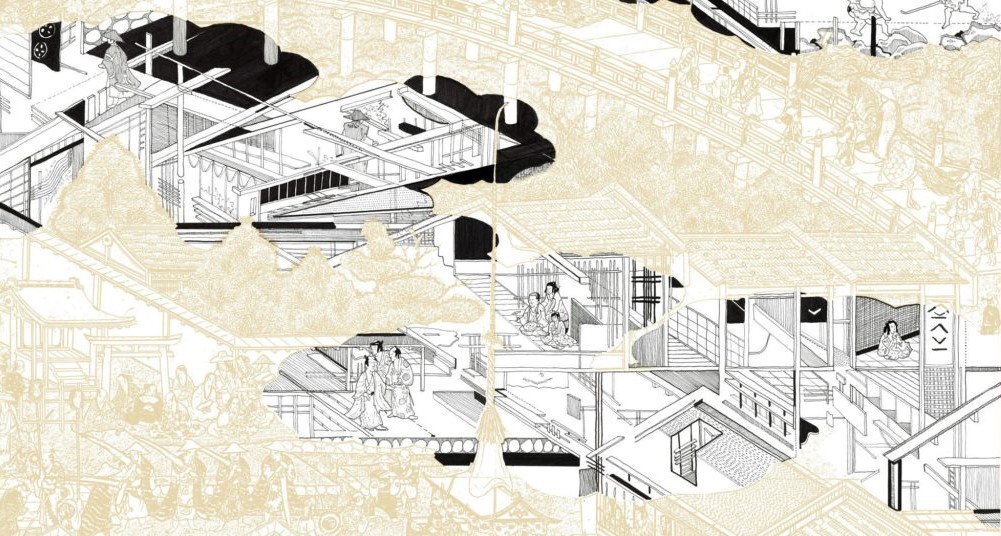
Cartographies of the Imagination
Cartographies of the Imagination explores the outer limits of what a map can be, interrogating the bit of lost land that falls between the pages of an atlas, journeying to places known, unknown, forgotten and fictional. INTRODUCTION To map a place is to create a whole new one. Maps may begin…
-
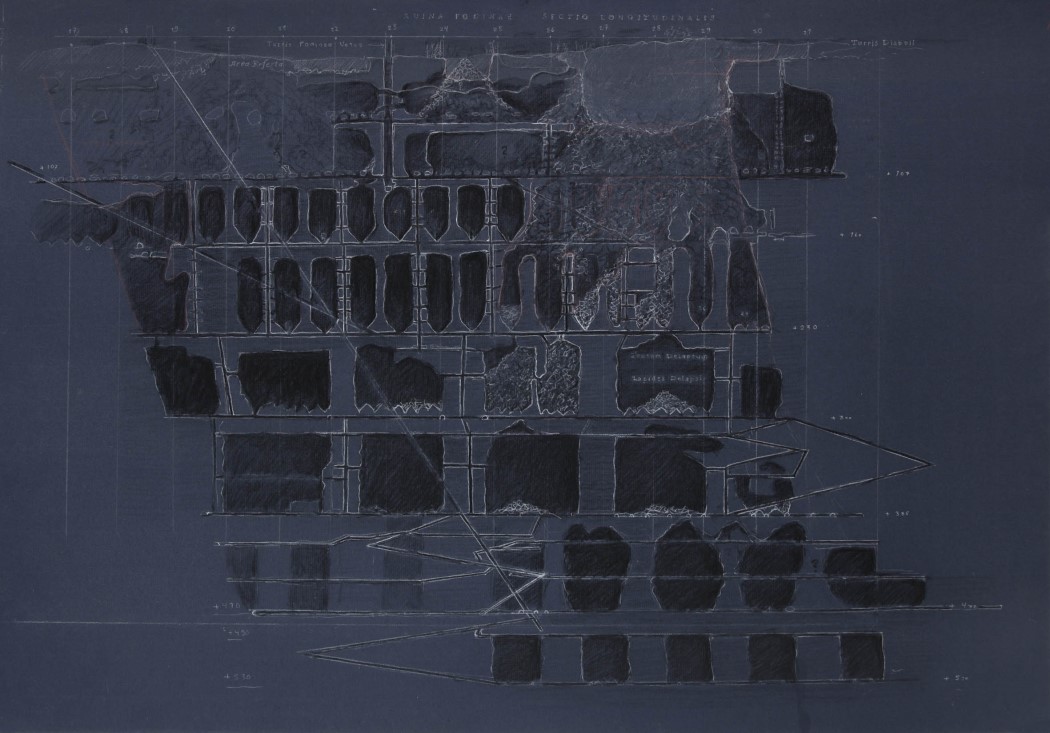
Making maps in the backwoods
Melanie Viets speaks to influential artist Jussi Kivi about mapping hidden histories in the landscapes around (and under) Helsinki and beyond.
-

+ Other Cartographies
Kiara Marina Firpi Carrión reveals the motivations behind + Other Cartographies, a research project to highlight work by women map-makers.
-
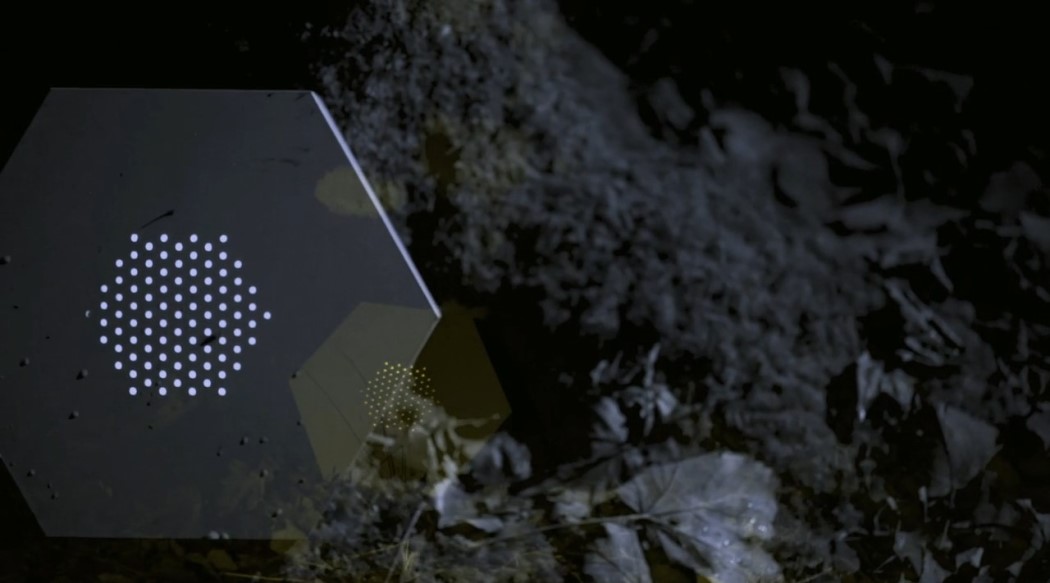
Sing the Gloaming
An interview with Professor Simon Kirby and artist/ musicians Tommy Perman and Rob St. John discussing their ongoing collaborative project, Sing the Gloaming.
-
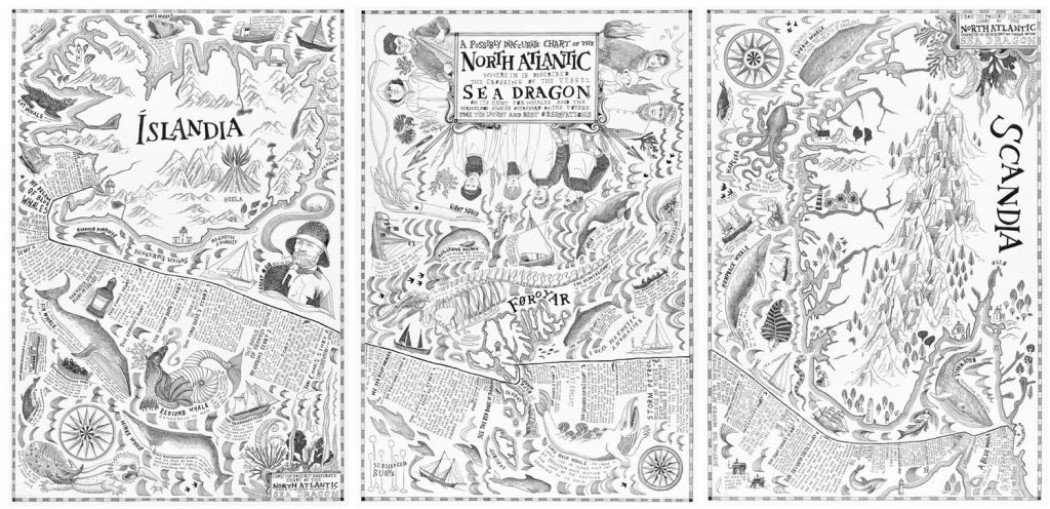
Stories from The Whale Road
A journey from Iceland across to the Faroe Islands and finally to Sweden, by illustrator, artist and author Helen Cann.
-
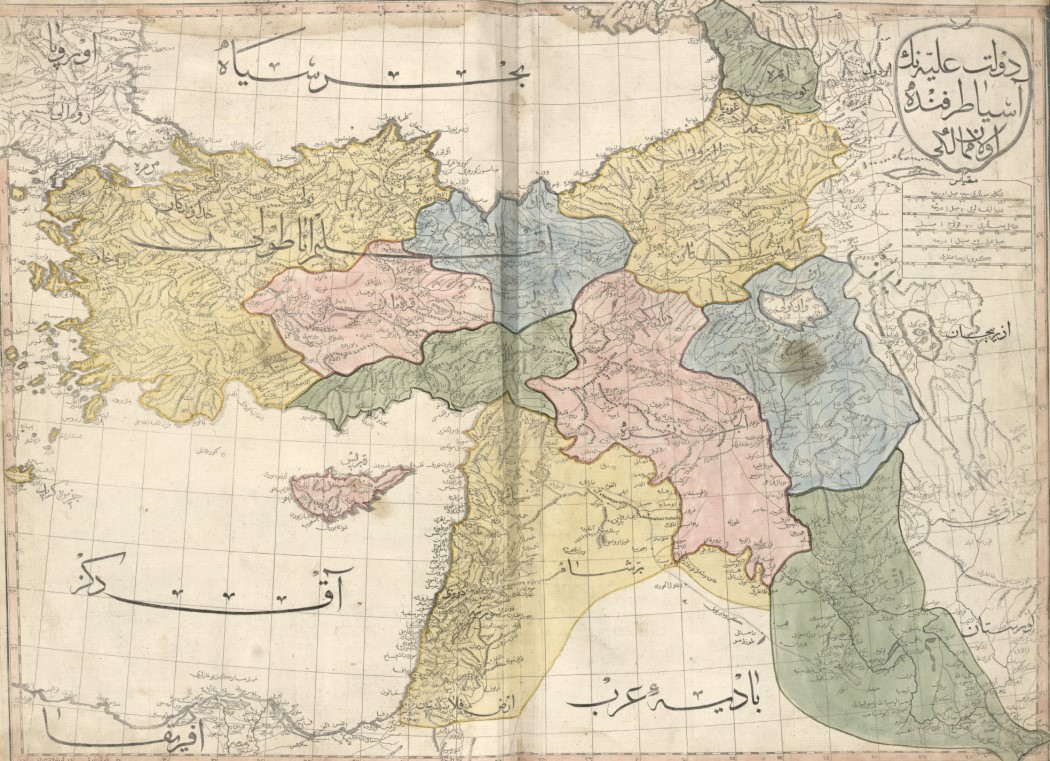
The History of Cartography
An in-depth interview with Matthew H. Edney and Mary Sponberg Pedley, editors of Volume IV of The History of Cartography.
-

Between Two Memories
Artist Ian Giles uncovers hidden queer histories as part of New Geographies, a three-year project to create a new map of the East of England.
-

Dream of the River
“I have a story to tell you and it has two characters, the river, and the salmon.” New writing, maps and sketches by California-based poet and painter Obi Kaufmann.
-
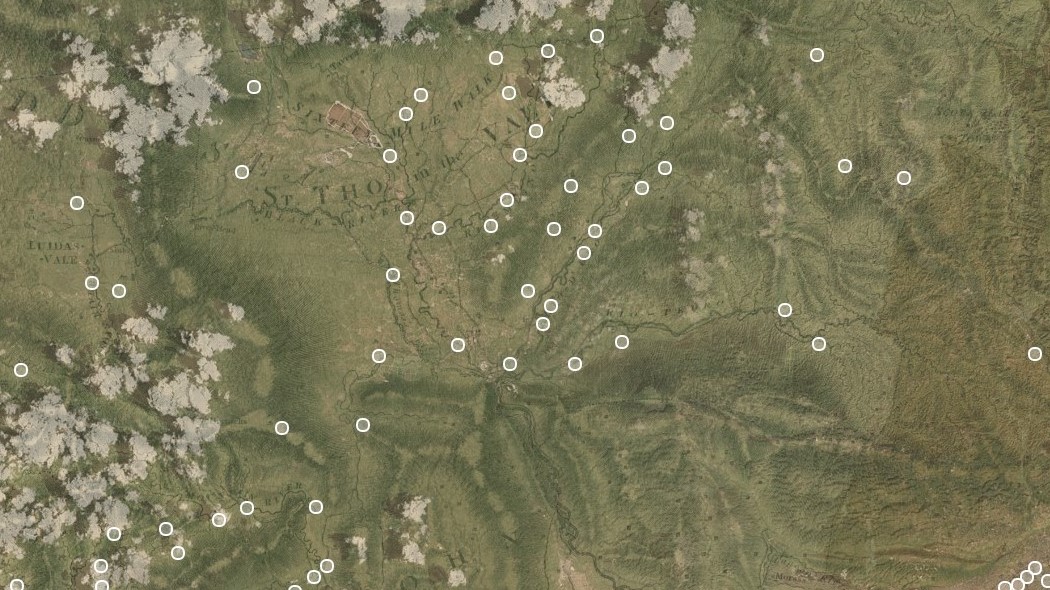
Mapping Legacies of British Slave-Ownership
Discussing the power of maps with Rachel Lang, chief administrator and researcher at The Centre for the Study of the Legacies of British Slave-ownership, University College of London.
-
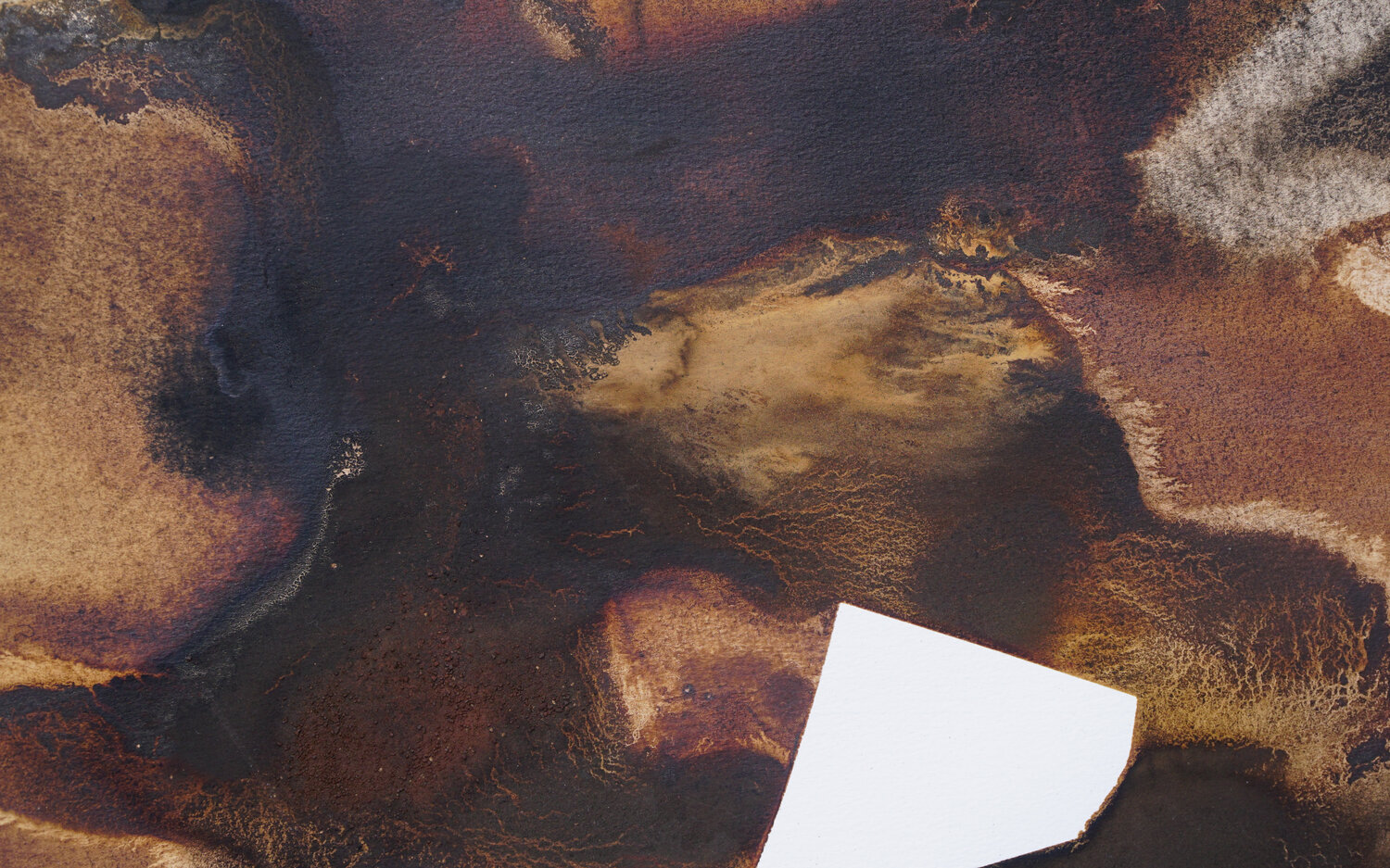
Placemaps
Daegan Miller, author of This Radical Land, on moving house, making maps, and finding home – from Massachusetts to Wisconsin to New York and back again.
-

Absence of Evidence
A new photographic collaboration between art duo Henry/Bragg and former street sex workers in Hull honouring 14 of their fellow workers who have died.